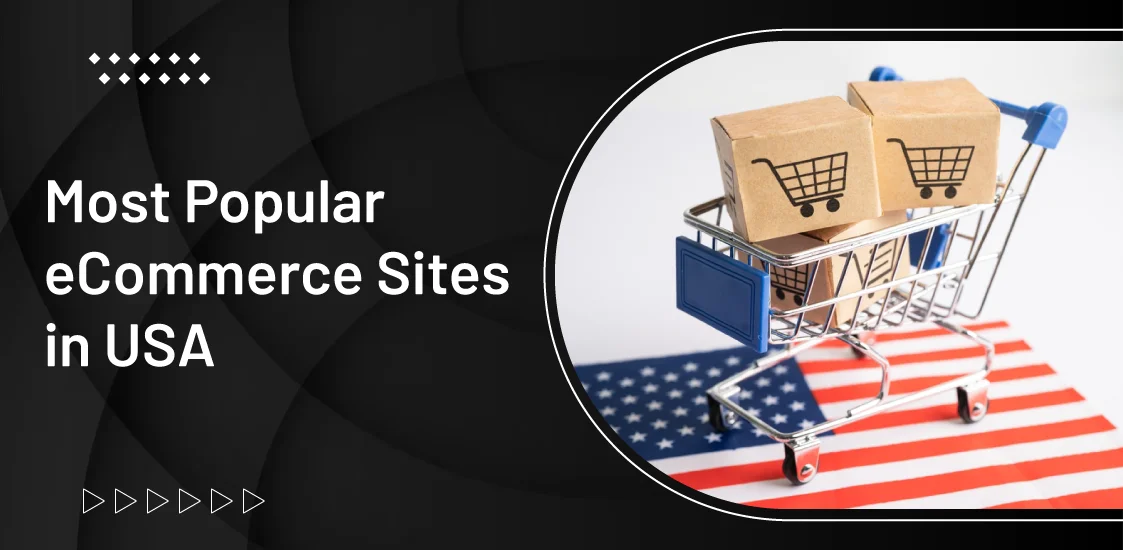
In today’s digital age, e-commerce websites have become an essential part of businesses. However, with the rise of online transactions, the risk of cyber-attacks has also increased. Hackers are constantly looking for ways to exploit vulnerabilities in E-Commerce Website and steal sensitive data. Therefore, it’s crucial to secure your e-commerce website to protect your customers’ data and maintain their trust. In this blog post, we will provide you with tips on how to secure your e-commerce website.
What Is E-commerce Security?
E-commerce security refers to the measures and practices implemented to protect online businesses and their customers from unauthorized access, data breaches, fraud, and other cyber threats. It involves the use of various technologies, protocols, and strategies to ensure the confidentiality, integrity, and availability of sensitive information, such as customer data, payment details, and transaction records. E-commerce security aims to create a safe and trustworthy environment for online transactions, building customer confidence and safeguarding the reputation of businesses.
Importance Of E-Commerce Security
E-commerce security is of utmost importance in today’s digital landscape. Here are some key pointers highlighting the importance of e-commerce security:

Protection of sensitive customer information: E-commerce platforms handle a vast amount of personal and financial data, including credit card details, addresses, and contact information. Ensuring robust security measures safeguards this sensitive information from unauthorized access and potential misuse.
Building customer trust: Strong security measures help build trust among customers, assuring them that their personal and financial information is safe. This trust is crucial for the success and growth of any e-commerce business, as customers are more likely to make purchases and share their information when they feel secure.
Prevention of data breaches: E-commerce websites are prime targets for cybercriminals seeking to exploit vulnerabilities and gain unauthorized access to customer data. Implementing effective security measures helps prevent data breaches, minimizing the risk of financial loss, reputational damage, and legal consequences.
Security Tips For E-Commerce Websites
Here are some essential tips on how to effectively secure your e-commerce website and protect it from potential threats and vulnerabilities.

Choose a reliable web hosting service: The web hosting service you choose should be operational 24×7 and have maximum uptime. You may use a managed cloud hosting system that allows you to create additional security.
Use HTTPS pages for your website: Using HTTPS pages is a known fact for now that if you are looking for a secure connection, it has to be an HTTPS page. You must have an SSL certificate.
Secure your e-commerce platform: The payment gateway you use should be of the highest quality in terms of the security of the sensitive data it receives. To improve your credibility, your platform should release security patches and inform your customers about shipping method extensions.
Monitor what you download and integrate: Be cautious when downloading and integrating third-party software or plugins into your website. Make sure that they are from a trusted source and that they do not contain any malicious code.
Leave payment and data processing to the experts: Use a third-party payment processor to handle all payment transactions. This will ensure that your customer’s payment information is secure and protected.
Keep your website updated and patched: Regularly update your website’s software and plugins to ensure that any security vulnerabilities are patched. Keeping your website updated and patched is crucial in protecting it from potential cyber threats.
Regularly back up your website data: Regularly back up your website data to ensure that you can quickly restore your website in case of a security breach. Protect valuable content, and customer information, and avoid potential downtime.
Get and use a website application firewall: A website application firewall can help protect your website from common security threats such as SQL injection attacks, cross-site scripting (XSS) attacks, and more.
Conclusion
In conclusion, securing your e-commerce website is crucial to protect sensitive data and maintain customers’ trust. Cyberattacks are on the rise, and hackers are constantly looking for ways to exploit vulnerabilities in e-commerce websites. Don’t risk compromising your customers’ information. Invest in robust security measures, such as SSL encryption and regular vulnerability assessments, to keep your website safe. By prioritizing the protection of sensitive data, you can safeguard your reputation and build a loyal customer base. By following these tips, you can protect your customers’ data from cyber-attacks and ensure that your e-commerce website is safe and secure.













